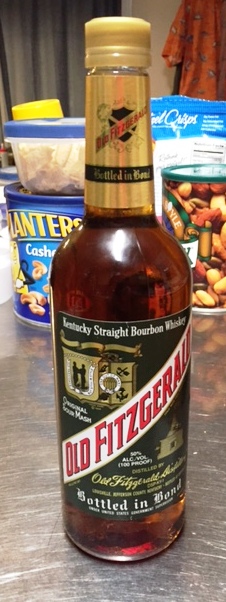Amherst College in Massachusetts holds their annual Copeland Colloquium this Friday and Saturday. The colloquium brings in a number of scholars from around the country to discuss a theme or topic. Past topics have included the place of art, the future of the humanities, international development, and “castrophe and the catastropic”.
This year’s theme will be The Symbolic and Material Construction of Guns.
Sponsored by the 2016-17 Copeland Colloquium, this
conference will explore the symbolic and culture
construction of guns (and other weapons), the way in
which the material culture of the weapon shapes quotidian
forms of violent interaction, and the narratives in which
we embed the “weapon as actor.” We want to ask new
questions about the symbolic value of guns and the
meanings the weapons used in the making of day-to-day
violence convey. How do those meanings take on a life of
their own in the minds of participants in violent encounters?
What kinds of symbols are guns, after all? Do they
condense multiple other meanings into a token to be
exchanged in civic life or do they operate as metaphors,
suggesting larger complexes of meaning?
Normally such a conference would be a bit esoteric even for me. However, among the presenters is my friend Prof. David Yamane of Wake Forest University who runs the Gun Culture 2.0 blog. David’s topic will be “The First Rule of Gun-Fighting is ‘Have a Gun’: Technologies of Concealed Carry in Gun Culture 2.0”. Now that doesn’t so esoteric to me.
The conference program and schedule is here along with a list of the other presentations. I have checked and the conference is open to the public. If you are in the western New England area this weekend, it might be worth a trip to Amherst for this conference.
I guess it should not be too surprising that such a conference would be held at Amherst College for a couple of reasons. First, the location is just at the north end of “gun valley” which is that swath of firearms companies (Colt, S&W, etc.) running from Hartford to Springfield. Second, fans of John Ross’ Unintended Consequences know that the protagonist Henry Bowman was an Amherst grad as is Ross himself.

